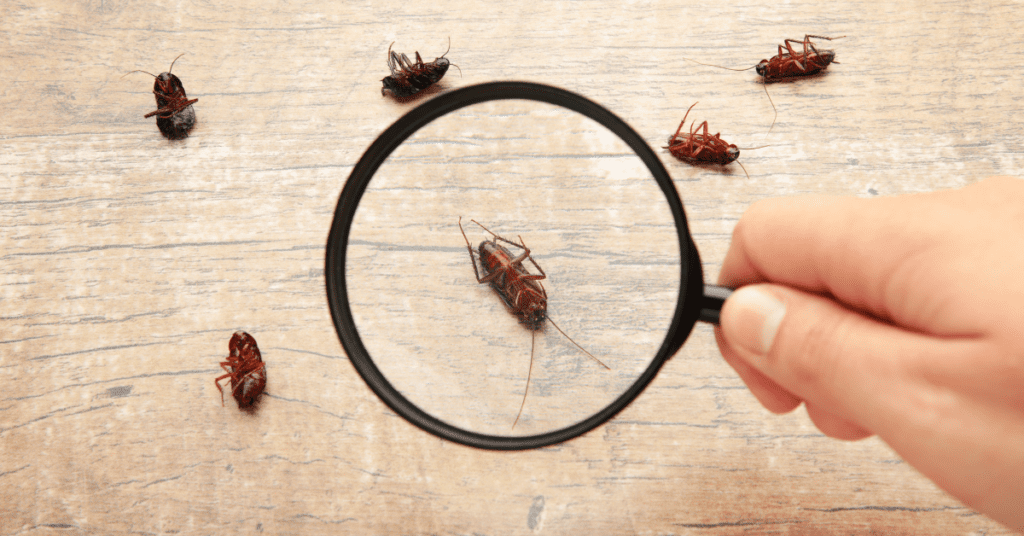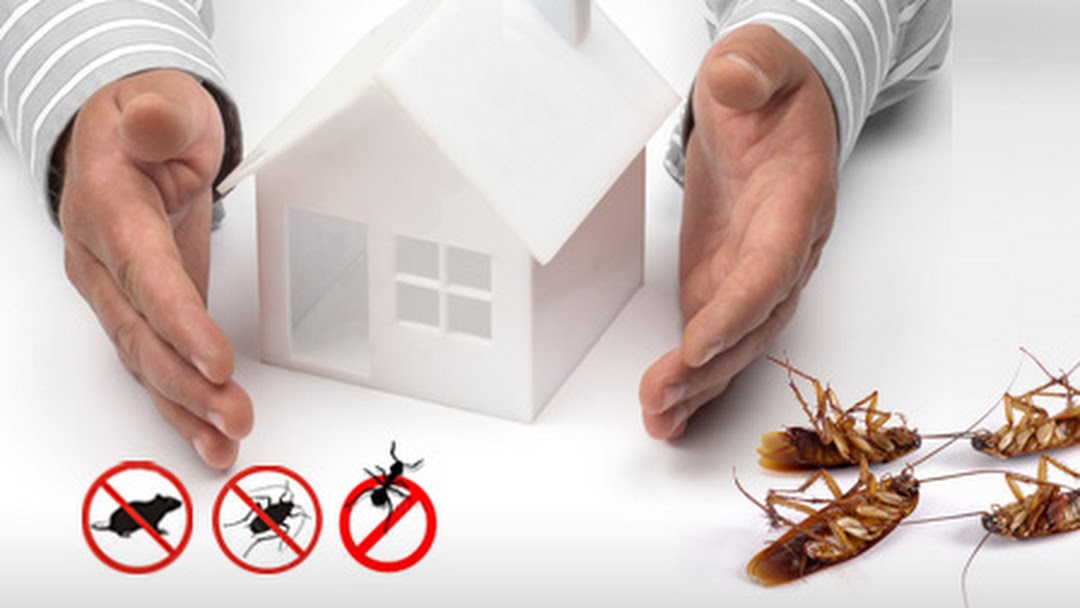Safe and Trusted Pest Control for Lasting Security
Efficient parasite administration requires a diverse approach that stabilizes environmental honesty with the requirement for effective bug suppression. The subtleties of these methods might not be instantly clear, triggering a better examination of the practices that can lead to sustainable insect control outcomes.
Comprehending Pest Control Methods
Insect control incorporates a selection of methods focused on handling and getting rid of undesirable bugs and rodents that can endanger both health and building. Understanding these techniques is critical for efficient insect management.
The main categories of insect control techniques include mechanical, organic, and chemical methods. Mechanical techniques involve physical barriers and catches to avoid pest access and capture undesirable varieties. Using screens on windows or employing sticky catches can significantly decrease insect populations without introducing harmful materials - exterminator coquitlam.

Chemical bug control is often one of the most acknowledged method, making use of pesticides to get rid of parasites. These chemicals can be efficient however should be made use of with care to avoid adverse effects on non-target types and the setting.
Benefits of Eco-Friendly Solutions
Exactly how can eco-friendly solutions transform insect control methods? The adoption of environmentally friendly insect control approaches offers various advantages, considerably boosting the efficiency and safety and security of bug management (exterminator coquitlam). Firstly, these solutions use natural ingredients, reducing the reliance on hazardous chemicals that can pose risks to human wellness and the atmosphere. This change not just secures family members and pet dogs but likewise reduces the possibility for dirt and water contamination.

An additional advantage is the positive influence on local biodiversity. Eco-friendly services are created to target particular parasites while maintaining helpful insects and wildlife, advertising a well balanced environment. This technique aligns with the expanding customer need for sustainable methods, improving the credibility of parasite control companies.
Integrated Bug Monitoring Approaches
The application of green solutions normally causes the adoption of Integrated Insect Management (IPM) methods, which better enhance bug control effectiveness. IPM is an alternative method that combines several strategies to manage parasite populaces while reducing ecological impact. This method stresses making use of biological, social, mechanical, and chemical controls, guaranteeing a balanced and sustainable technique of insect management.
One essential facet of IPM is the comprehensive evaluation of pest task and environmental conditions. By checking parasite populaces and recognizing their life process, practitioners can carry out targeted treatments that disrupt the pest's environment or lifecycle, minimizing reliance on chemical pesticides. In addition, social methods such as plant turning and habitat manipulation can substantially reduce pest facility and recreation.
An additional critical element is making use of organic control agents, such as beneficial bugs or microorganisms, which can naturally reduce insect populaces. When chemical applications are needed, IPM focuses on the use of low-risk chemicals and uses them precisely, you could try here decreasing exposure to non-target organisms and humans.
Including IPM techniques not just enhances bug control performance but likewise promotes a more secure ecological community, straightening with the growing need for lasting practices in parasite management.
Safe Practices for House Owners
Recognizing the significance of risk-free techniques in parasite control can empower home owners to properly handle bug issues while guarding their wellness and the atmosphere. Carrying out precautionary procedures and non-toxic methods is critical in lessening exposure to harmful chemicals.
House owners should first assess their atmosphere for conditions that draw in bugs, such as standing clutter, water, and food waste. Routinely cleaning and securing entrance points can deter insects from attacking the home. Making use of natural deterrents, such as vital oils or diatomaceous earth, can supply effective options to chemical pesticides.
When chemical therapies are necessary, home owners must go with items that are particularly classified as risk-free for household usage. It is necessary to adhere to application guidelines carefully to prevent too much exposure. Furthermore, utilizing targeted treatments in areas where insects are identified, instead than covering spraying, can dramatically lower chemical usage.
Finally, preserving open communication with parasite my link control professionals is important. Homeowners must make inquiries regarding the safety of items made use of and request eco-friendly options whenever feasible. By adopting these safe practices, home owners can develop a much healthier living atmosphere while efficiently handling pest concerns.

Tips for Long-Term Defense
Establishing a bug administration technique that highlights long-term defense can substantially enhance the efficiency of the secure techniques formerly reviewed. To achieve this, homeowners ought to carry out routine inspections of their building, concentrating on hidden locations such as attics, basements, and crawl spaces. Early detection of bug activity is crucial in stopping infestations from taking hold.
These methods minimize attractants that attract parasites into the home. Sealing entry points, such as cracks around doors and home windows, can efficiently obstruct potential parasite accessibility.
Landscaping needs to also be considered; maintaining plants cut and maintaining a range between greenery and the home reduces hiding spots for bugs. Utilizing natural deterrents, such as vital oils or diatomaceous planet, can even more inhibit invasions without turning to extreme chemicals.
Last but not least, teaming up with a professional pest control solution for routine evaluations can give an extra layer of safety and security. These experts can supply customized recommendations and advanced therapies, guaranteeing that straight from the source your home remains secured against parasites in the long-term.
Final Thought
In verdict, secure and reputable parasite control needs a complex technique that stresses environmentally friendly approaches and integrated insect management. By implementing all-natural deterrents, performing regular inspections, and maintaining appropriate hygiene, homeowner can considerably minimize insect populaces while securing useful bugs and the environment. Partnership with expert insect control solutions enhances the effectiveness of these strategies, making sure customized services that offer lasting defense and assurance against future problems.
Effective parasite monitoring requires a complex approach that stabilizes ecological integrity with the requirement for efficient parasite suppression. The fostering of eco-friendly pest control approaches supplies numerous benefits, substantially improving the efficiency and safety of pest management.The execution of green services normally leads to the fostering of Integrated Pest Management (IPM) approaches, which even more improve insect control efficiency. exterminator coquitlam. By keeping track of insect populaces and recognizing their life cycles, professionals can implement targeted treatments that disrupt the insect's habitat or lifecycle, reducing reliance on chemical pesticides.In final thought, safe and reliable pest control requires a diverse strategy that highlights eco-friendly approaches and integrated parasite management